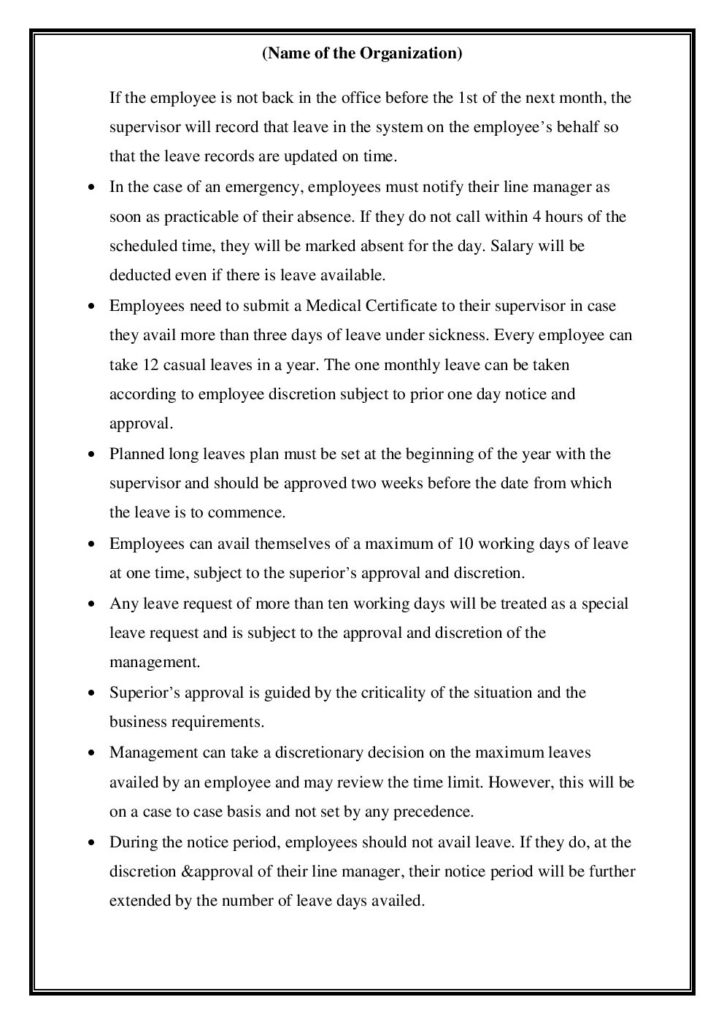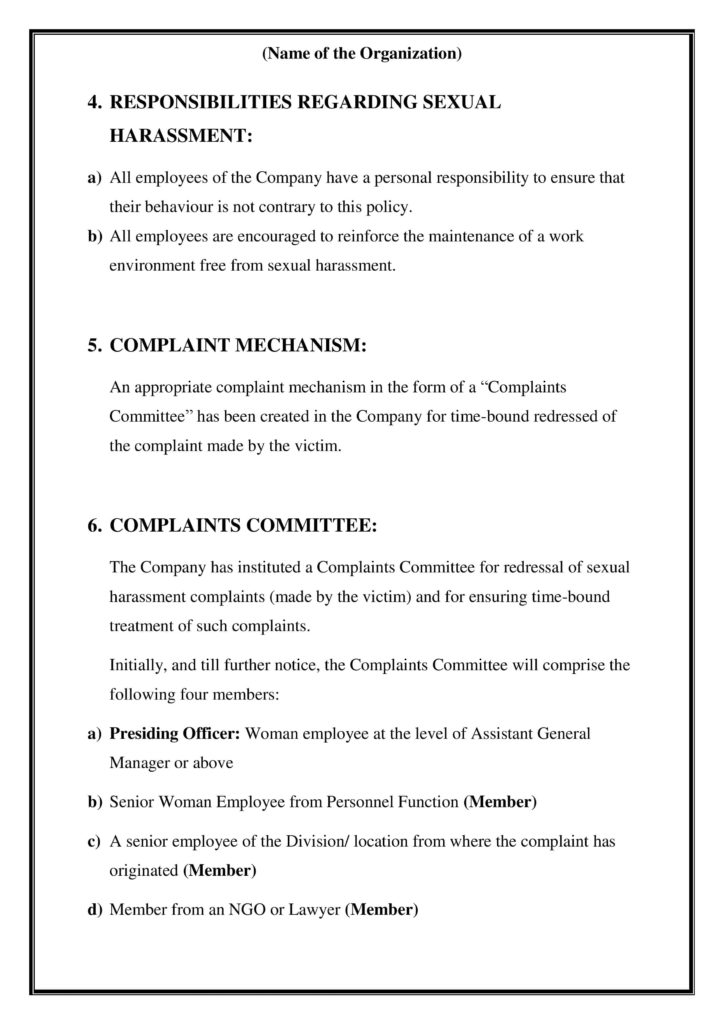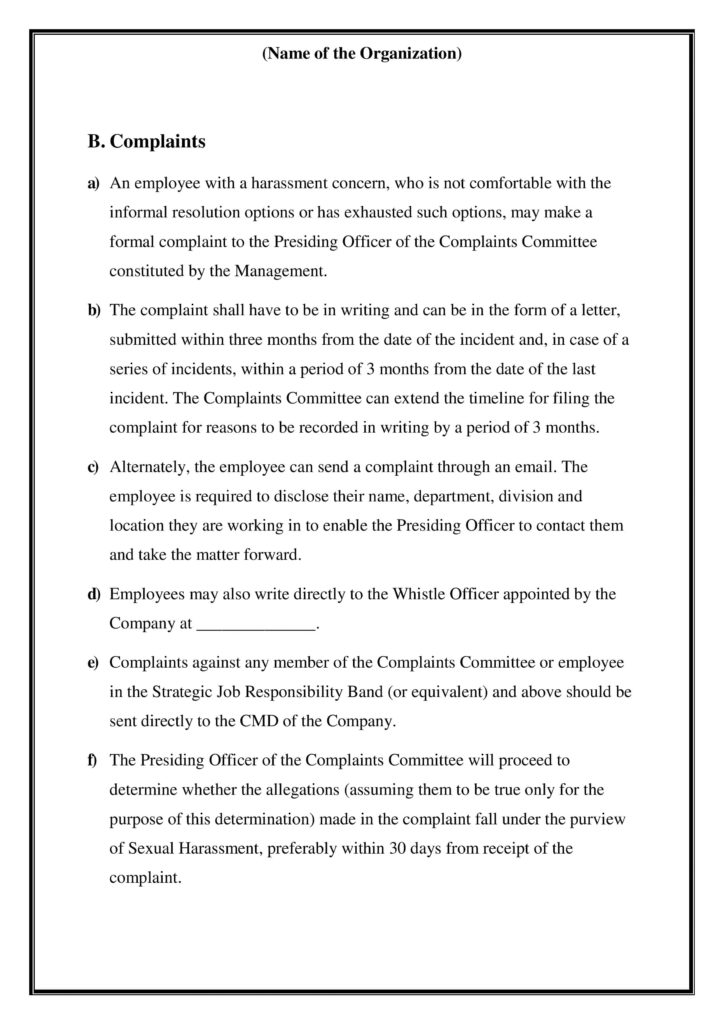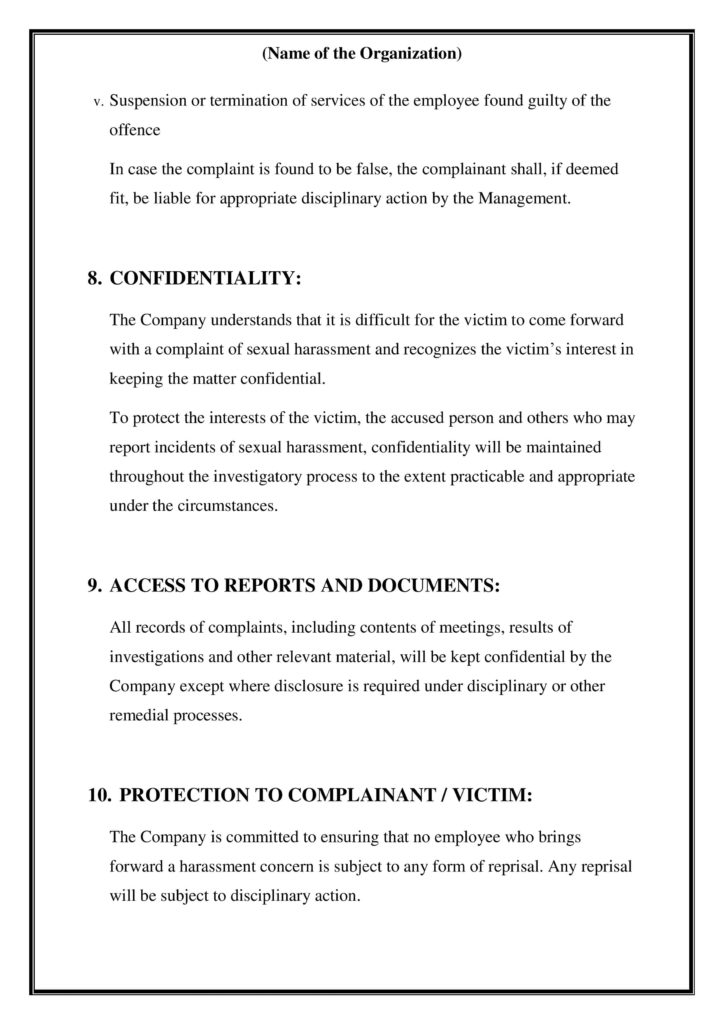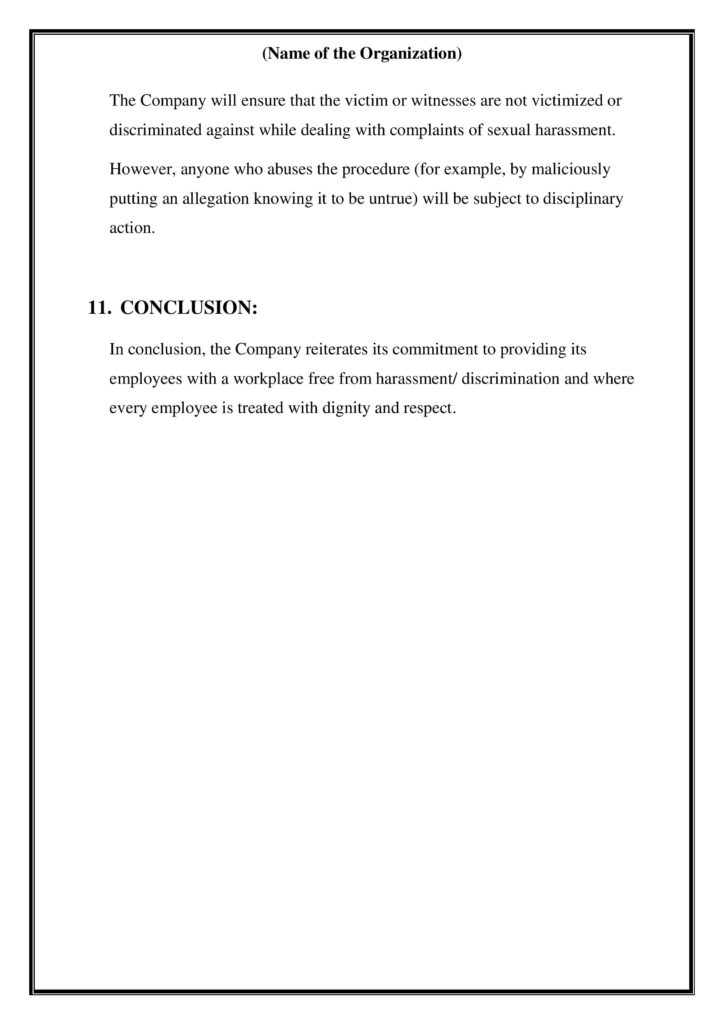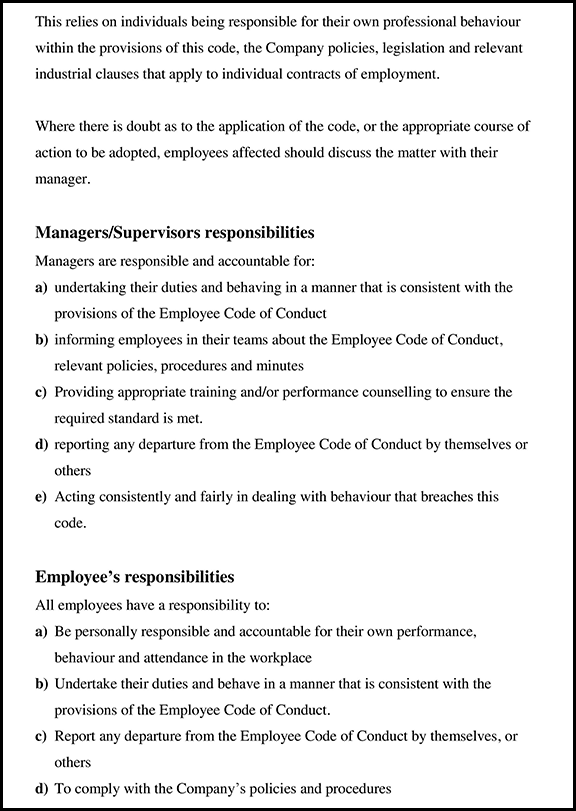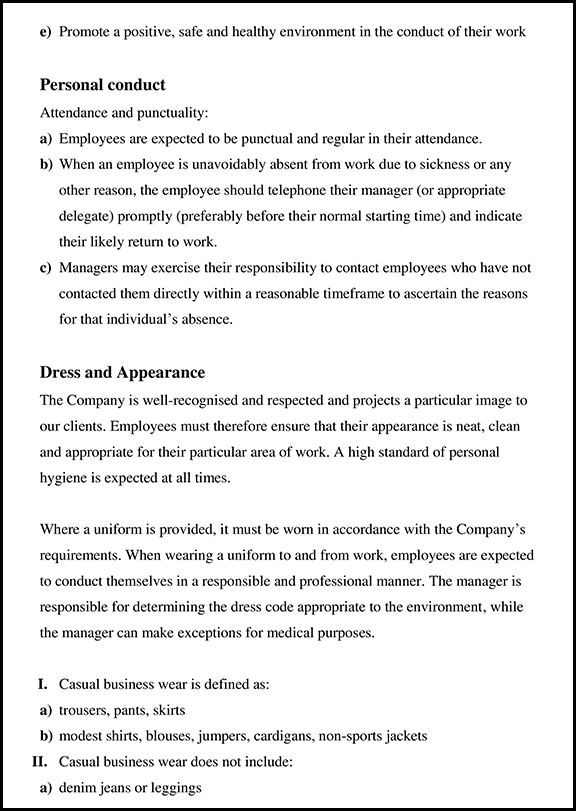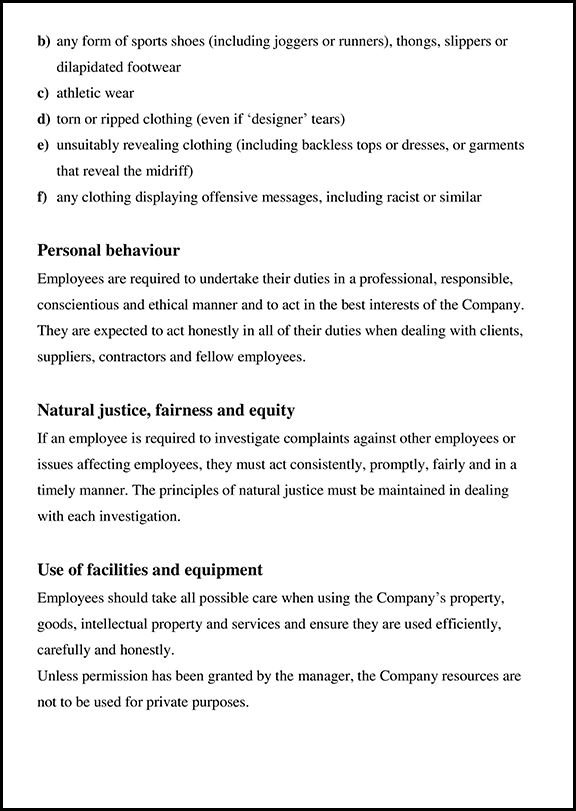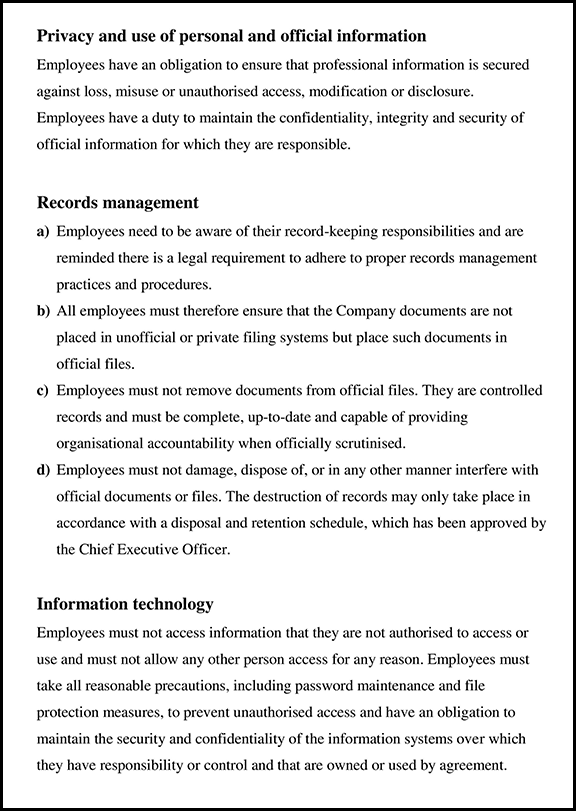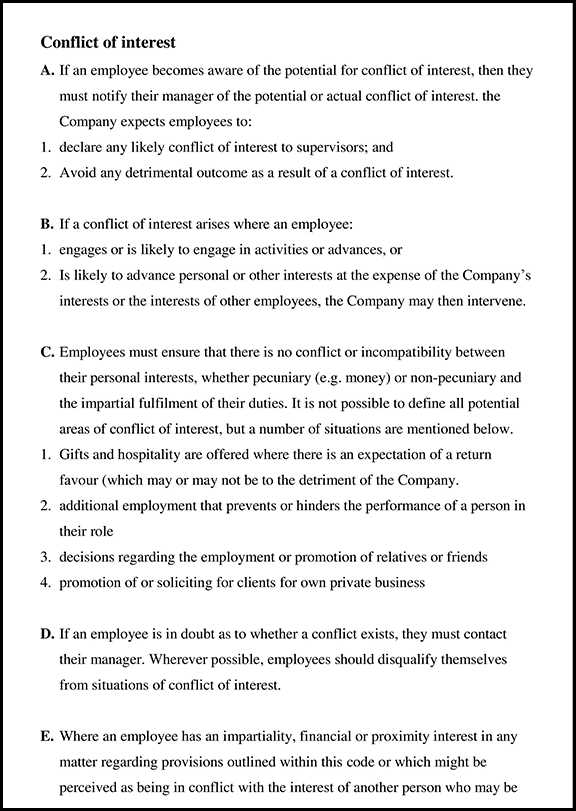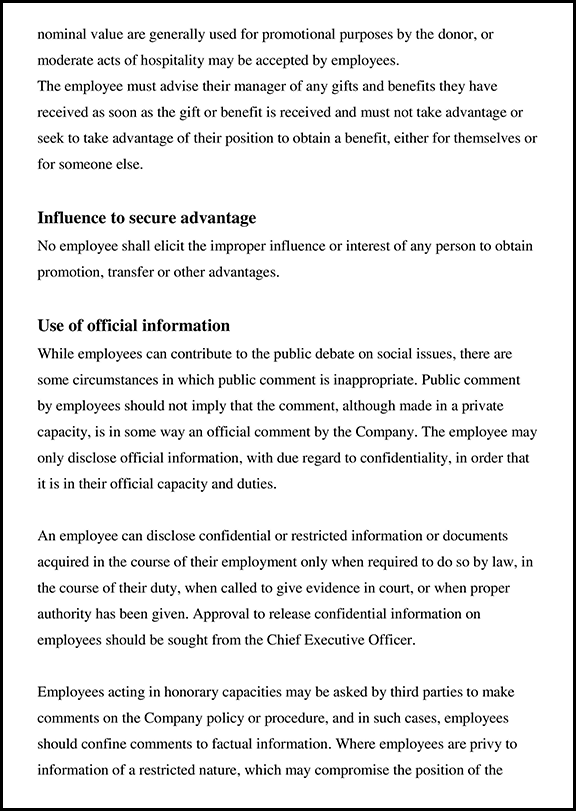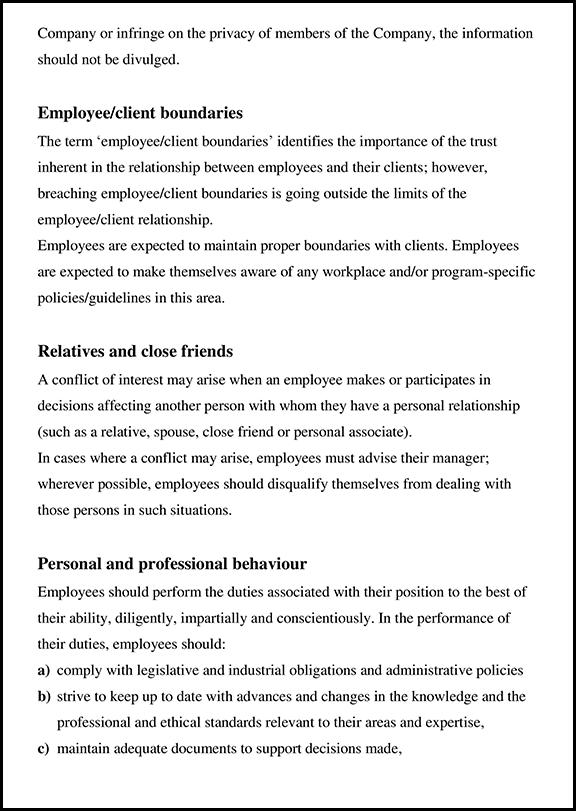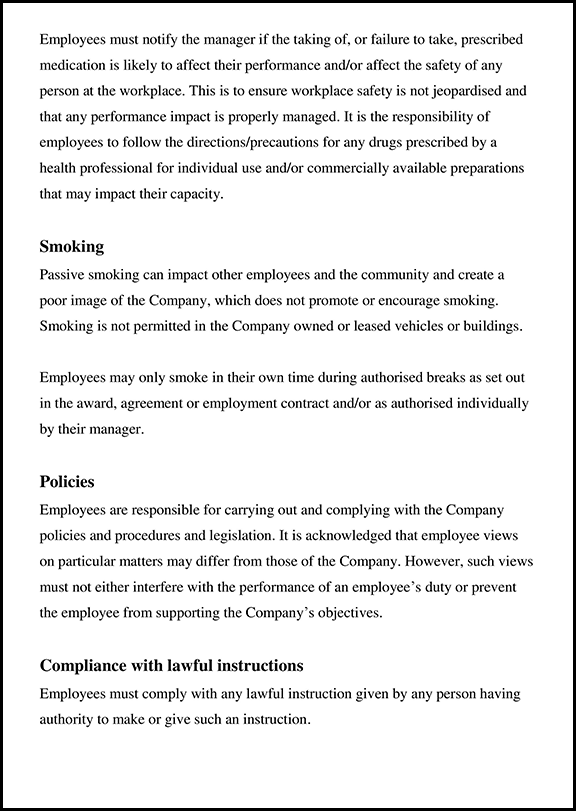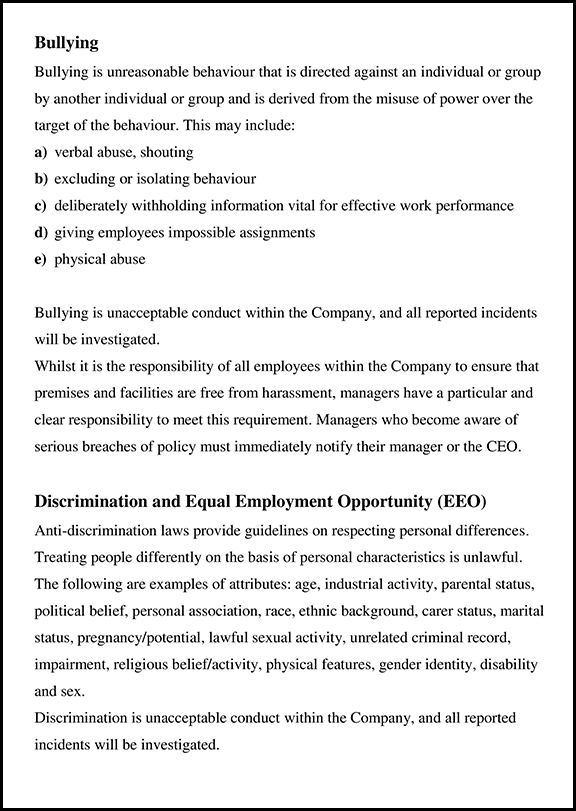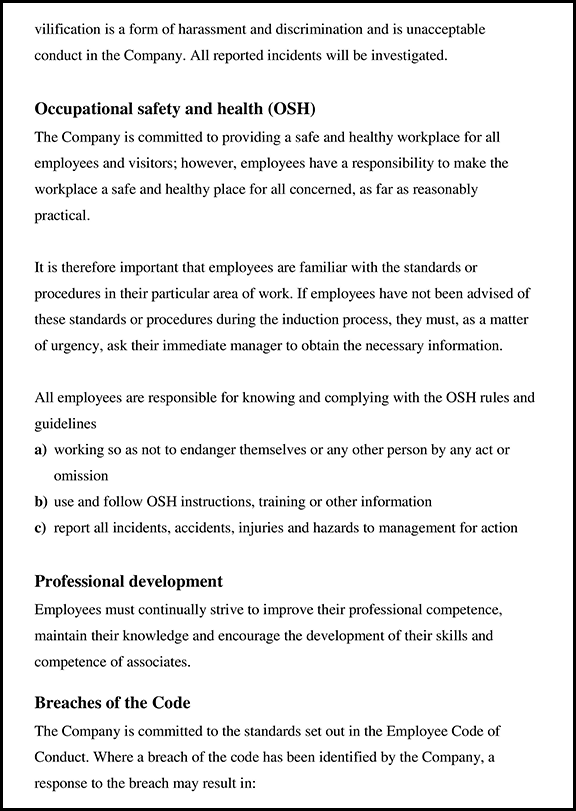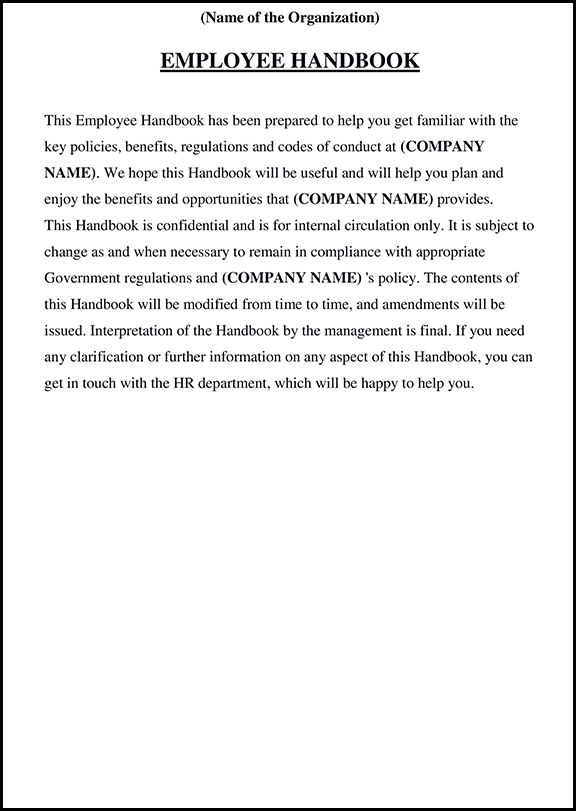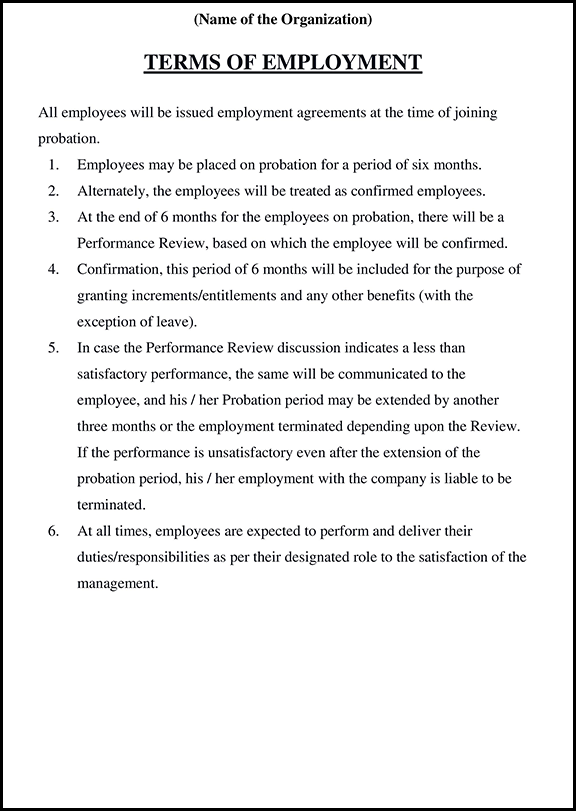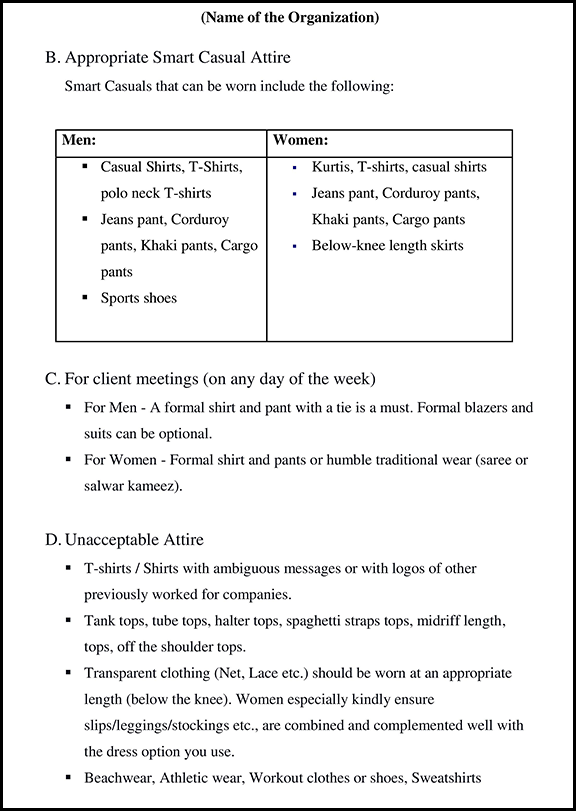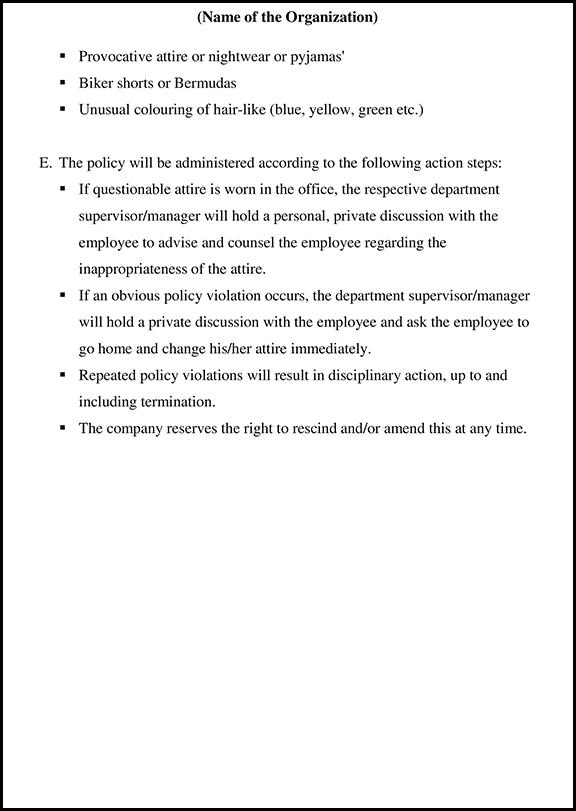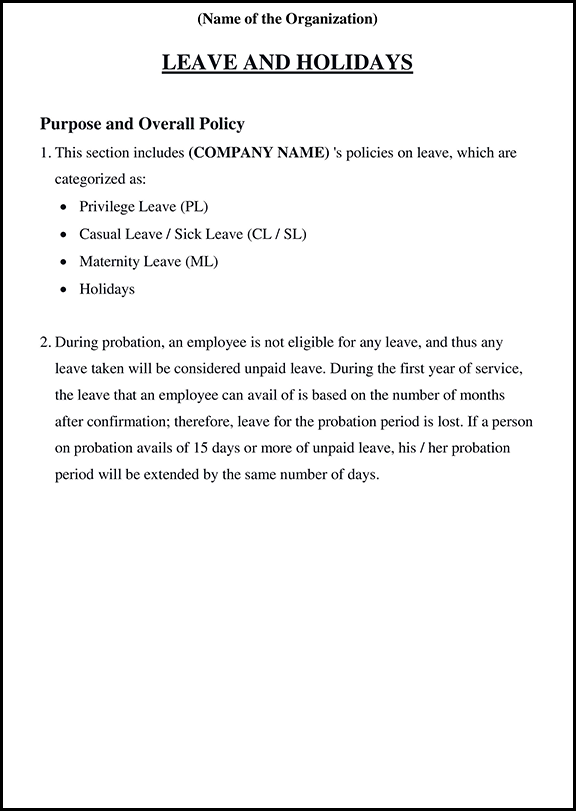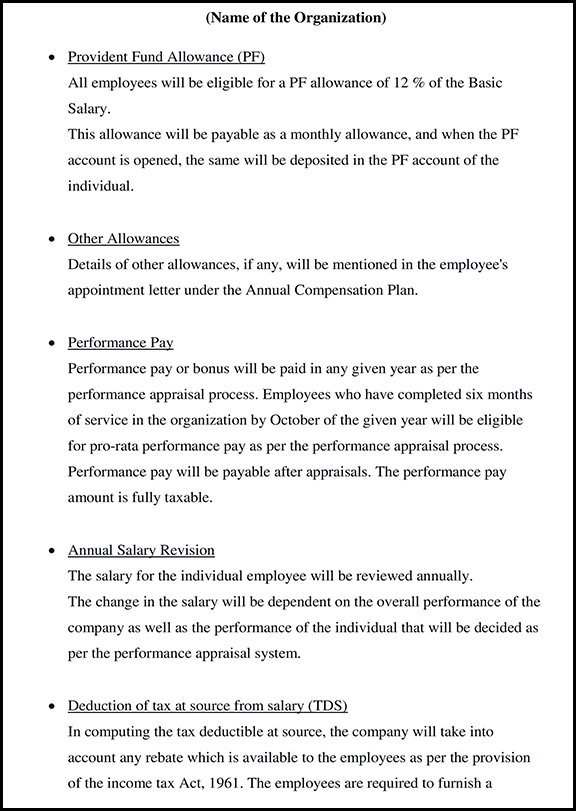
How to Create Work From Home Policy in India 2024 (Template)
A new shift in company policies and structure is making its way to all of us. During the current challenges that the Pandemic poses, working from home has seen wide adoption as a permanent structure of working. Companies like Twitter, Zapier, and even Google are adopting this structure, work from home policy in India can very easily become the new normal. This is why your company should also have a work from home policy defined for your employees.
Work from Home policy in India can be defined as an employee working from their house, apartment, or place of residence, rather than working from the office.
The work from home policy can be defined as an agreement between the employee and the employer, to allow the employee to work from the comfort of their homes.
Though working from home can be challenging, it can be made smoother with clear communication and tailor-made policies for relevant jobs.
The Human Resource department should understand the goals and the processes of the employer while creating the work from home policy. The policy should be clearly laid out with details kept in mind to make sure the arrangement of working from home benefits both the employee and the company.
If you are working on creating a work from home policy you should check out our ready to use StartUpHR template kit to make your policy creation process easier and faster.
Benefits of Work From Home Policy For Company and Employee?
1. Costs Cutting
Office spaces are extremely expensive today. With co-working spaces charging per employee having employees working from their homes will cut some costs for you. Even if your business doesn’t run in a coworking space, several other costs add to office space e.g. Electricity, restroom equipment, late-night travel perks, gaming perks, management of the premise, etc.
2. Improves Productivity
You may think working from home will reduce employee productivity however, that cannot be farther away from the truth. In a survey by Airtasker, a gig economy platform, 1004 full-time employees were asked about their daily productivity. It was found that office workers stay idle for about 37 minutes a day excluding lunch break and regular breaks. This went down to 27 minutes of being unproductive for work from home employees.
This happens majorly due to the lack of distractions and the ability for the employee to control their environment.
They even save on money and time travelling. Without having to bustle with crowds to reach the office gives them extra energy and time to be more productive.
3. Hire the Best, Globally
Working from home truly means from anywhere. With no logistical issues, you can reach out to the best in the field. You can hire experts at a decent cost that truly suits your company better.
4. A Healthier Relationship With the Company
When a company allows an employee to work from home that shows that the company trusts the employee. This sign of trust truly builds a connection between the employee with the company. With no travelling, the employee can repurpose that time into learning and taking care of their mental and emotional needs. This helps the employee be more productive and stay with the company for longer.
5. Helps Employees Focus Better
Offices today are extremely noisy. Some people find it more and more difficult to focus on work in such environments. When an employee works from the comfort of their homes they have the luxury of controlling their environment to fit them. Since the environment does not pose as a distraction, it helps employees be more productive.
6. Lesser Absenteeism
Does your company suffer from an employee absenteeism problem? A major benefit of working from home is the flexibility for employees to manage their personal commitments along with work. For example, new mothers can keep an eye on their children without having to take leave from work. It allows employees to take care of their household without having to take a full day’s leave from work.
7. Longer Working Hours
Travelling is a long and tedious daily task for most employees. When your employee is required to travel from distant places to a specific location, it can be a taxing task. It also requires employees to be aware of the time that they must leave the office to be able to use public transport to reach homes in time.
However, working from home gives them the ability to save all that time, money and acts as a morale booster. Therefore, employees wouldn’t mind working for long hours while working from home.
8. No Or A Lot Less Office Space
Renting an office space is an expensive affair. Furthermore, the maintenance, electricity and extra costs truly go up the roof. Allowing employees to work from home allows the company to save money on infrastructure and helps better utilise those funds. This works well for small to medium-sized enterprises.
Reasons For an Employee To Work From Home
To truly integrate working from as a part of your office culture you must allow employees to work from home for various reasons. This will help the employees know that you trust them and will push them to act with responsibility.
Few possible reasons an employee may request to work from home include:
1. An illness
If the employee is feeling under the weather or has just recovered from an illness, working from home can help them heal faster. Furthermore, they can do this without requiring to take an entire day’s leave.
2. Parenting Responsibilities
Young parents often have several responsibilities to manage. If their child falls sick or they have to be picked up from an event, parents often take a full day leave. Allowing employees to work from home gives them the option to manage their time better and complete the tasks required.
3. Work-Life Balance
Employees often struggle to maintain their personal lives due to the long hours required from their jobs. Therefore, working from home gives employees the opportunity to be around their loved ones while working.
4. Unsafe weather conditions
When the weather is unsafe for employees to step out in, they can work from their homes. This reduces leave days and allows the company to be fully functional.
5. Appointments During The Workday
Workdays require the entire day of attendance, however, certain appointments like a doctor’s appointment, a dentist appointment, etc cannot be made for later in the day. Therefore, most employees are forced to take an entire day off when they must go for such appointments. However, working from home gives them the flexibility to simply work post or before the appointment.
6. Other Reasons Discussed With And Approved by Supervisors
If there are personal reasons that require an employee to work from home, they too can be discussed with the supervisors. Working from home can help solve those problems too.
Essential Tools For Remote Employee:
1. Slack
2. Google Drive
3. Dropbox
4. Krisp
5. Zoom
6. Teamwork
7. Hubstaff
8. 1 Password (15 Remote Workplace Software Pricing & Features)
In conclusion, building a work from home policy in india can be complicated, you must think of possible scenarios and build processes around that.
If you’d like to make your policy creation process simpler check out our StartupHR Kit which includes not just policy creation but other 1300+ ready to use documents for you.
Join a Community of 1,00,000+ HR Professionals















